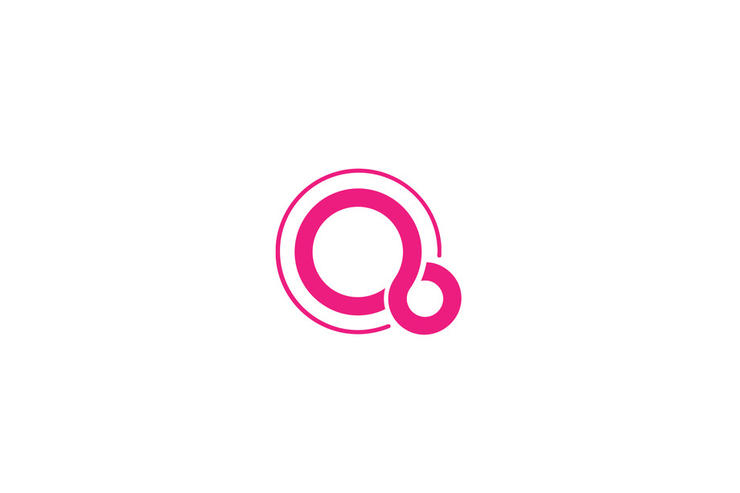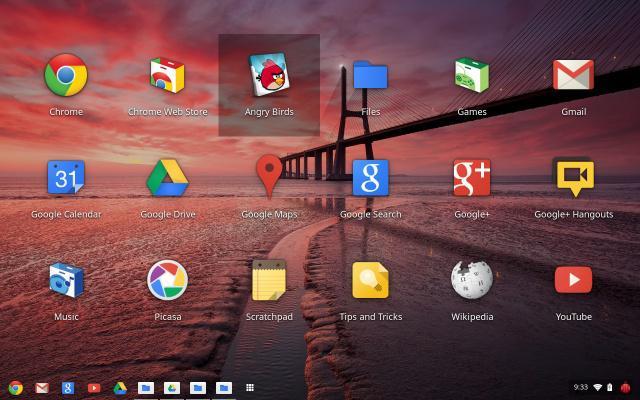Four years ago, we first discovered that Google was developing a new operating system called Fuchsia, which is unique in that it is not based on the Linux kernel, but uses a new microkernel called zircon. What’s more, although the operating system is also open source, no one knows what it’s really for, and Google executives are avoiding it.

Recently, Google released an announcement, indicating that it is still developing the new operating system. According to the announcement, Google will seek more developers from outside the company to make the operating system more open.
Google said it had created a new public mailing list for discussion of the project, added a management system specifically describing how to make strategic decisions, and opened an issue tracker for developers to see what was going on.
Although there are some early UI examples, we have seen the code and documentation provided by Google for this operating system for some time, but the announcement just released by Google still emphasizes: “Fuchsia operating system is not ready for application in the product, and it has not become the target of development.” But the announcement could spark another round of speculation.

We know that fuchsia is not necessarily an alternative to Android or chrome operating system. The most interesting thing is that fuchsia has actually tested its smart hardware product, Google’s smart speaker. However, after the smart speaker was released, they did not run Fuchsia operating system. Kyle Bradshaw of 9to5 Google simply lists several Google devices that may integrate Fuchsia operating system.
Google simply defines Fuchsia as a safe, renewable, inclusive and practical production level operating system. In an interview in 2019, Hiroshi lockheimer, Google’s head of Android and Chrome OS, said Fuchsia could optimize some of its products other than mobile phones and laptops.
“We’re looking at what a new operating system will look like, so I know that people may be excited to say, ‘Oh, this is the new Android system, or this is the new chrome system,'” but Fuchsia is just driving the development of the latest technology at the operating system level, so that what we learn in the process can be better applied to it On his products. ”
In addition to building new mailing lists and soliciting developers, Google has also released a “technology roadmap”, which focuses on the underlying operating system, such as “a driver framework independent of driver update kernel” and “Fuchsia interface definition language”. The roadmap shows that many of the original subsystems in Fuchsia operating system are being transformed by using a new IO library and component architecture.
Google runs a lot of open source projects that are nominally developed by anyone, but in fact most of them are done by Google engineers, and fuchsia looks the same. In the new management method released by Google, “Google guides the development direction of Fuchsia operating system and makes platform decisions”, but it encourages external developers to jointly develop Fuchsia operating system.

